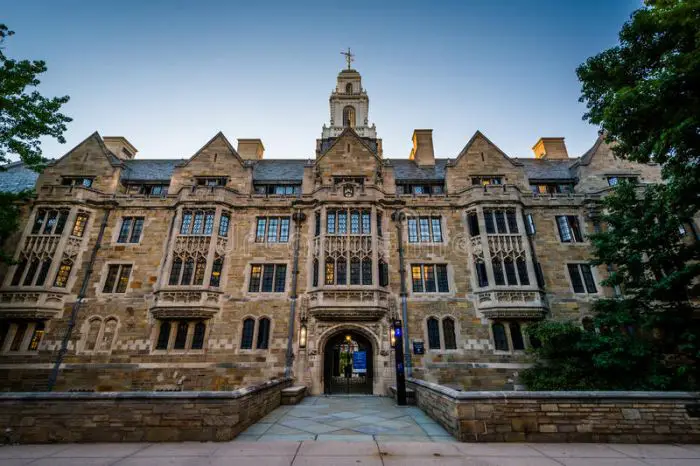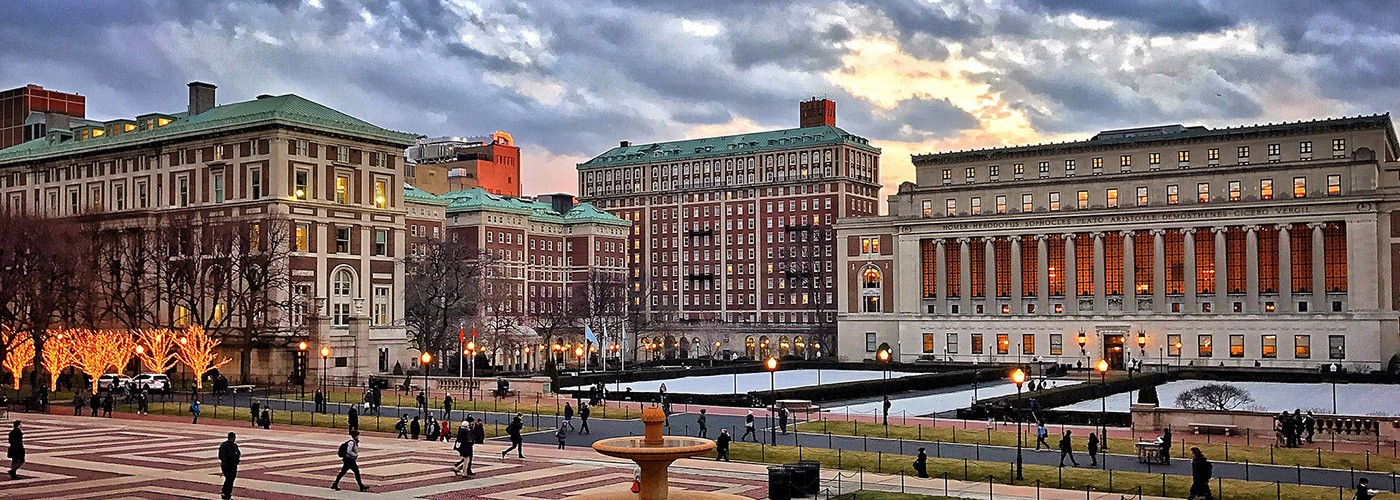Nearly every facet of American life has African-American imprint. In higher education, some of the nation’s most notable universities and colleges have their campuses built by enslaved Africans. They also served faculty and students.
Profits from slavery and related industries helped fund the likes of Harvard, Columbia, Princeton and Yale as well as the University of Virginia.
Slavery’s influence in American higher education shouldn’t be surprising given that by 1860, nearly four million American slaves were worth some $3.5 billion, making them the largest single financial asset in the entire U.S. economy.

But the truth is a bitter pill for many people so for years this fact was hidden from public view and records. It is only recently that dozens of American colleges and universities are investigating their historic ties to the slave trade and debating how to atone.
To that end, historical investigations, university commissions, conferences and memorials have been held to come to terms with the historical reality.
At Georgetown, descendants of enslaved people are given admission as first-year students at the institution that owned their ancestors.
“The story of the American college is largely the story of the rise of the slave economy in the Atlantic world,” says Craig Steven Wilder, a historian at MIT and author of “Ebony and Ivy: Race, Slavery, and the Troubled History of America’s Universities.”
Early benefactors who gave money to Brown and Harvard, for instance, made their fortunes running slave ships to Africa and milling cotton from plantations in the American South.
Georgetown could afford to offer free tuition to its earliest students by virtue of the unpaid labor of Jesuit-owned slaves on plantations in Maryland. At the University of Virginia — founded and designed by Thomas Jefferson — slaves cooked and cleaned for the sons of the Southern gentry.

“Yale inherited a small slave plantation in Rhode Island that it used to fund its first graduate programs and its first scholarships,” Wilder says. “It aggressively sought out opportunities to benefit from the slave economies of New England and the broader Atlantic world.”
Wilder notes that even now, there is no single accounting of how much money flowed from the slave economy into coffers of American higher education, adding he suspects many institutions are reluctant to examine this past.
Some people say that institutions must do more than make apologies and rename buildings. They insist that scholarships and other forms of monetary reparations are due.
Brown University was the first to confront its ties to slavery in a major way. In 2003, Brown president Ruth Simmons appointed a commission to investigate. “What better way to teach our students about ethical conduct than to show ourselves to be open to the truth, and to tell the full story?” she says.

“At Harvard, a professor and his students investigated the university’s past and found slavery hiding in plain sight. The University of Virginia in Charlottesville is naming buildings for enslaved people who worked there, and teaching high school students about how modern racial inequities are rooted in the slave-holding past. Georgetown is creating an institute to study slavery and has apologized to the families of enslaved people it sold,” writes APM Reports.
These are tentative moves to atone for the wrongs perpetuated and cruelty handed to people of African stock. To think that for many years, descendants of Africans viewed the likes of Harvard, Columbia, Princeton, Yale and University of Virginia as out of their reach yet had their forbears build the infrastructure, cater to the needs of the personnel, among others is truly astonishing.











